The snow was falling steadily as I pulled my car into the parking lot of my office building this morning. Being one of the early arrivals, per my normal routine, the lot was largely vacant. I pulled into my parking spot, sat for a minute or so to listen the end of Andrea Bocelli’s rendition of Ava Maria, and gathered my things to head into work for the day. I should note that much to the amusement of my co-workers, I always park in the parking spot in the far corner of the lot. No matter the availability of closer spots. I do this so that I can enjoy quiet time on my lunch break for meditation and contemplation. So as I walked across the new fallen snow, feeling the snow crunch softly beneath my shoes, I was struck with a thought. To help solidify the thought, I stopped and looked back towards my car. There in the snow, as clear as could be, were my footprints highlighting for all to see the path I had taken from my car to the door of the building. With that, one word came to me. Obligation. So, what do footprints in the snow have to do with an obligation? Perhaps nothing. Perhaps Much.
Allow me to expound a bit on this epiphany and how it relates to Masonry. As I trekked across the snow, I left an impression. This impression could now serve as a map or guide to those behind me who were walking into the building. Just by looking at my footprints, they would be able to tell if I had slipped, fallen, or stepped anywhere that was undesirable. More generally, by looking at my footprints, those behind me could see a path. Such is the way of Masonic Light.
Though disagreements abound concerning nearly every aspect of our Craft, one concept that all Masons can agree with is that we are all seeking “that which was lost”. This lends itself to the belief that it was once “had”. As with this parking lot that was once clearly marked and able to be navigated by all who wished to do so, “the Lost Word” was once within the reach of any who desired to know it. To the modern Mason, we know only that what we seek has been lost since time immemorial. How then do we find it? Perhaps we never will, but those who truly seek it do one of two things. They either travel the Path by following in the footsteps of those who have gone before them, or they step forward into the unknown and leave a Path for others to follow. Yet we have still not connected to the word “obligation”. Please continue to follow my footsteps.
As Speculative Masons, we are all seeking Light. We seek Light because we are in darkness, lest we would never know when the Light was found. So it is with all of society. Society, since time immemorial, has been plunged into darkness, lost in the Forest of Errors. Many Seekers find themselves close enough to the perimeter of that forest to see the Light. For those, it is simply a matter of having the courage to emerge, much like Plato’s allegory of the Cave. For others, the perimeter is far from view. They can see nothing but darkness, despite having an internal desire for Light. How then are those seeking Light from deep within the darkness able to find it? Various Masonic monitors include some variant of the following text: “from a point to a line, from a line to a superficies and from a superficies to a solid". So it is with traveling the Path from within the Forest of Errors towards that divine Light that we all seek. One Seeker begins his journey, a point. He travels as far towards that Light as he is able, creating a line. This Brother’s line ends at the starting point of another Brother’s journey….and so the progression starts towards building a solid edifice. That House not made with hands, eternal in the Heavens.
How then does this pertain to the word “obligation”? I remind you that “to relieve the distressed is a duty incumbent upon all man, but particularly Freemasons”. I would suggest that all of humanity resides in a level of distress. As not only Seekers of Light, but as Bearers of Light, we are obligated to not only carry the torch, but to ensure that we leave a trail that those who seek what we seek may follow. This is a call to arms to those within our Gentle Craft who have found Light. This is an admonishment to share that Light so that those behind you on the Path might find what you have found. Though we must each walk our own Path, we can travel much further with the help of our Brothers. Perhaps, as with the footsteps in the snow, your impression will disappear over time, but perhaps before doing so another Seeker may catch just a glimpse of it. This glimpse may provide them with, at the very least, a direction to travel. So, my Brother, as you leave your Masonic legacy, do so with the awareness that others can and will follow in your footsteps. Ensure that the Path you forge is a Path worth following.
_________________________________________________________________________
THANK YOU FOR READING THE LAUDABLE PURSUIT!
IF YOU ENJOYED THIS PIECE, PLEASE FEEL FREE TO SHARE IT ON SOCIAL MEDIA SITES AND WITH YOUR LODGE.
For more information on Wor. Jason Eddy, Please CLICK HERE:
Also, visit us on Facebook: https://www.facebook.com/TheLaudablePursuit
_________________________________________________________________________
SHOW YOUR SUPPORT
If you enjoyed the podcast, you can show your support by clicking the donate button below.




